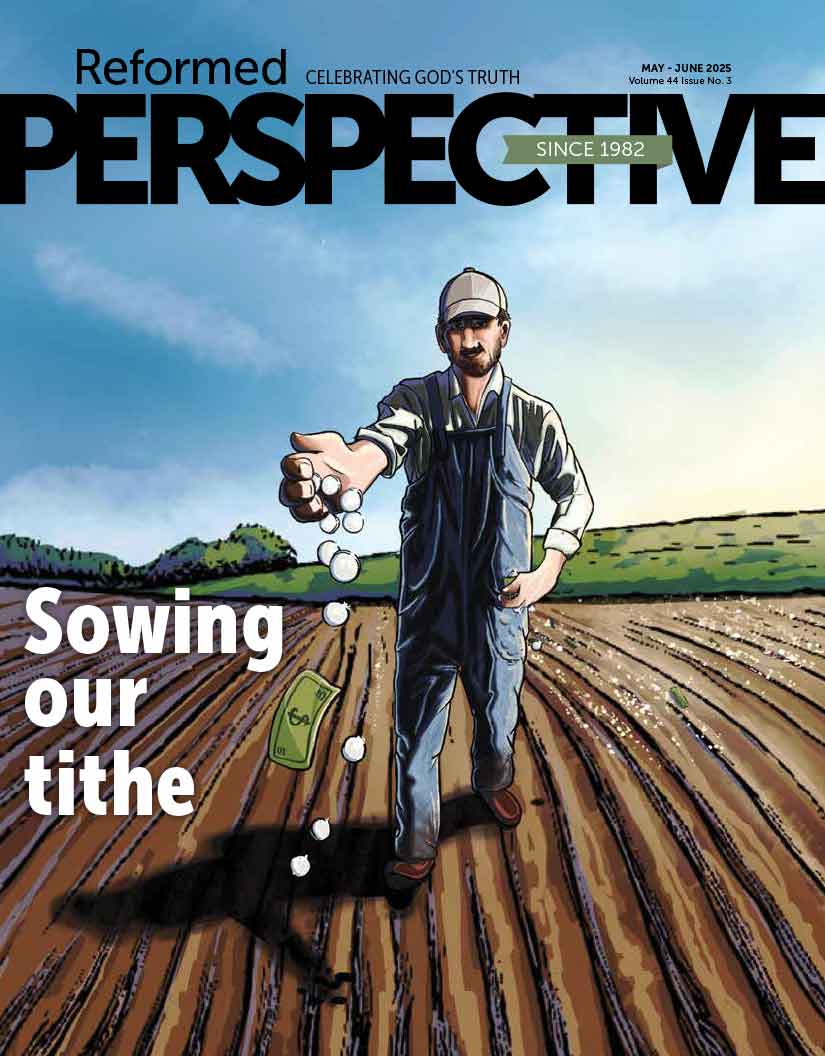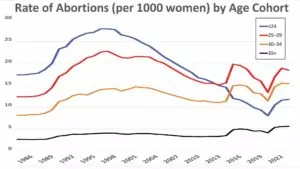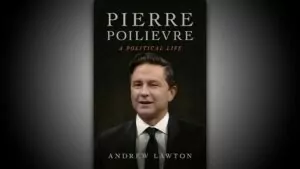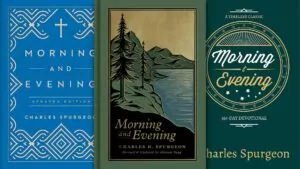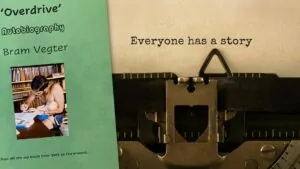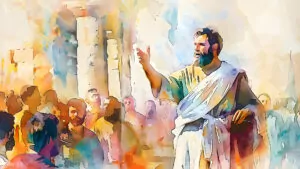A nation needs a conscience too… but does Canada have one?
When we hear the word “conscience,” we typically think of it in relation to an individual’s sense of ethics – the little voice in the back of our head that tells us when we are doing something wrong. We don’t usually think about a “national conscience.” But doesn’t a nation need to have a sense of right and wrong too? Yes, of course! So Canada, as a nation, needs a conscience… but does it have one?
It does have Christian citizens who know the truth about the world, and about right and wrong, through Scripture. And God’s people are called to bear witness to His Truth. Christians then, have a calling to be the voice – the conscience – that holds our nation to account.
Seeking well-being
Of course, when Christians bear witness to the truth, there will be strong reactions to at least some Christian principles.
Think of the preamble to the 2021 Canadian law which banned conversion therapy (helping homosexuals convert to heterosexuality), which referred to the “myth” that heterosexuality or one’s biological gender should be preferred to other expressions of gender or sexuality. Or think about reactions to speech that opposes abortion or homosexuality. Increasingly, such speech is limited because some are deeply disturbed by it.
This evidences the need for the conscience to be speaking up. We have a much better idea of what would be good for our society and we seek to promote these ideas despite opposition from some. We read in 1 Timothy 2:1-2:
“Therefore I exhort first of all that supplications, prayers, intercessions, and giving of thanks be made for all men, for kings and all who are in authority, that we may lead a quiet and peaceable life in all godliness and reverence.”
As we do so, we seek the well-being of the church, but also of those outside the church. Despite opposition at times, an important way of doing this is by being the conscience of the government.
The “conscience of the government”
Abraham Kuyper explains that God’s Word directly impacts the conscience of the government for those in government who study the Word and learn from it. But it also impacts the conscience of the government indirectly through four areas of society. These are the Church, the press, public opinion, and world opinion.
The Church cares for its members, who are also citizens of a political community, and encourages them not to ignore civil society.
The press either reminds king and country of their duty toward God and His will, or it dulls the conscience by suggesting that you can engage in politics apart from Christ.
Public opinion and...
…world opinion likewise affect what the government and its people think.
In his Christian political manifesto, Our Program, Kuyper writes,
“Public opinion exerts influence on the conscience of those in government. If a people is serious, its government cannot be light-hearted. A people that seeks after God cannot be governed unless the sovereign allows himself to be governed by God’s Word. The spirit of a nation and the spirit of its government may be distinct, but they are not hermetically sealed from one another. They interpenetrate.”
A government cannot act conscientiously if the people within the nation are not doing so. People influence government. Building on this idea, Kuyper explains,
“If a government knows that enacting laws according to the demands of God’s Word will meet with reluctance and resistance, it will be tempted to go astray itself and burn incense before the idols of the day. Conversely, if folk songs and folk sayings, days of prayer and national holidays, petitions and elections encourage a people to raise the level of seriousness, ennoble national life, and praise the Almighty – then it will automatically motivate government, if only to satisfy the nation, to inquire again after the ordinances of God.”
Bad government policies do not simply come from the government but are pushed by the people as well. Although law and politics can shape people, they also reflect the prevailing beliefs and attitudes of the people. But this also points to the ways that people influence each other. What individuals and communities do can, as Kuyper puts it, is to “encourage a people to raise the level of seriousness” and motivate government to do the same.
In Kuyper’s address at the opening of the Free University of Amsterdam, he explains that when the state limits freedom, it is only an accomplice. The main culprits are the citizens who neglect their duty to use and defend their freedoms. So we have to remember that it’s not just the government’s fault when they overstep their authority or when they enact bad policies. It’s the fault of other “spheres of society” as well who fail to act as the government’s conscience.
When the conscience is dulled
God often gives people what they want in response to sinful requests and attitudes. Samuel told Israel why they would regret asking for a king like other nations, but the Israelites insisted. And God told Samuel (1 Sam 8:7):
“Heed the voice of the people in all that they say to you; for they have not rejected you, but they have rejected Me, that I should not reign over them.”
Today, God also often gives people what they want. Canadians ask for abortion, euthanasia, gender ideology, and so much more, and suffer the consequences.
The government receives its authority from God, and it is thus bound to His ordinances. The truth of the gospel operates as the conscience of the government. While God’s Word does not speak directly and explicitly about many issues that governments face, the government should be working from principles that stem from God’s Word. Where the government’s conscience is dulled, other segments of society must continue to hold the government and the nation to account.
A national conscience
William Wilberforce is an example we can be inspired by – this Christian’s persistent advocacy for what was right caused him to be known as the conscience of his nation. Wilberforce is known for his work on the abolition of the slave trade and the “reformation of manners,” referring to his efforts to bring the country back to biblical principles as he combatted some of the particularly immoral social issues in his day. Eric Metaxas, in Amazing Grace, writes:
“Wilberforce years later came to be thought of as the ‘conscience’ of the nation. A conscience reminds us of what we already know to be right. Wilberforce realized that Britain was a nation that had effectively lost its conscience or grown deaf to it, that claimed in every outward way to be a Christian nation, but that acted upon principles fundamentally at odds with the Christian view of human beings as immortal creatures, creatures created in the image of God.”
Does this sound like Canada? Are we not a nation that has lost its conscience or grown deaf to it? We might appear in some ways to honor God as a nation – think of the acknowledgement of the supremacy of God in the Charter of Rights and Freedoms, or the fact that over half of Canadians identify as Christian. But we are a nation that acts on principles at odds with Scripture and devalues creatures created in the image of God.
God can work miracles
However, change is possible. Metaxas notes that when Wilberforce first became an MP, there were only three devout Christian MPs. Fifty years later, there were nearly two hundred. Wilberforce exemplified what it means to be the conscience of the nation. He spoke up for the vulnerable in his society and called for change, not just in government, but in the hearts of the people of the nation.
That speaks to how we too can be the conscience of the nation in Canada today. We begin with prayer, knowing that it is God Who changes our own sinful hearts and the hearts of our neighbors and government. We look to God and seek to be faithful where He has placed us.
But we don’t just wait for God to act; we also work. We pray that God will be glorified and that His people will be faithful. And we work for His glory and the good of those around us. We seek to influence government by getting involved, by communicating with our elected representatives, and by voting. We influence our neighbors by living faithfully, sharing the gospel, and informing others about the ways Canada’s conscience has become dull. We do this also within our families, our churches, our workplaces, and any other spheres God has placed us in.
Christians are called to be the moral compass of the nation. We have the truth, and we proclaim it to our neighbors and to our governments. That means speaking up for over one hundred thousand children who are aborted every year, for over fifteen thousand Canadians who will be euthanized this year, and for the children who are pressured to change their gender rather than receiving the help they need, among others. Let us pray that the conscience of the nation will be revived and let us continue to seek the peace of the nation where God has placed us. As we pray, let us continue to make every effort to be a faithful conscience of the government.
Daniel Zekveld is a Policy Analyst with the Association for Reformed Political Action (ARPA) Canada (ARPACanada.ca)....









